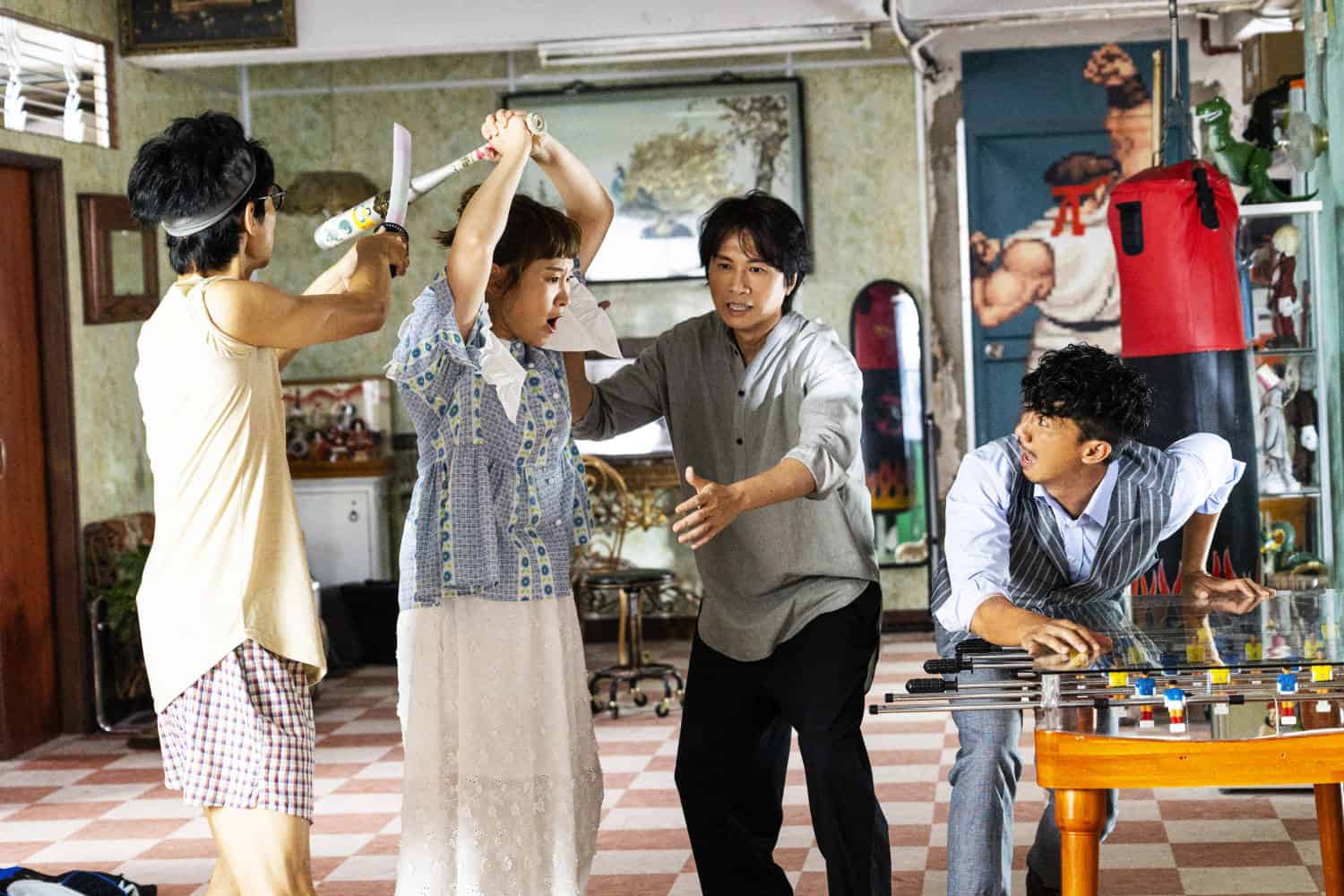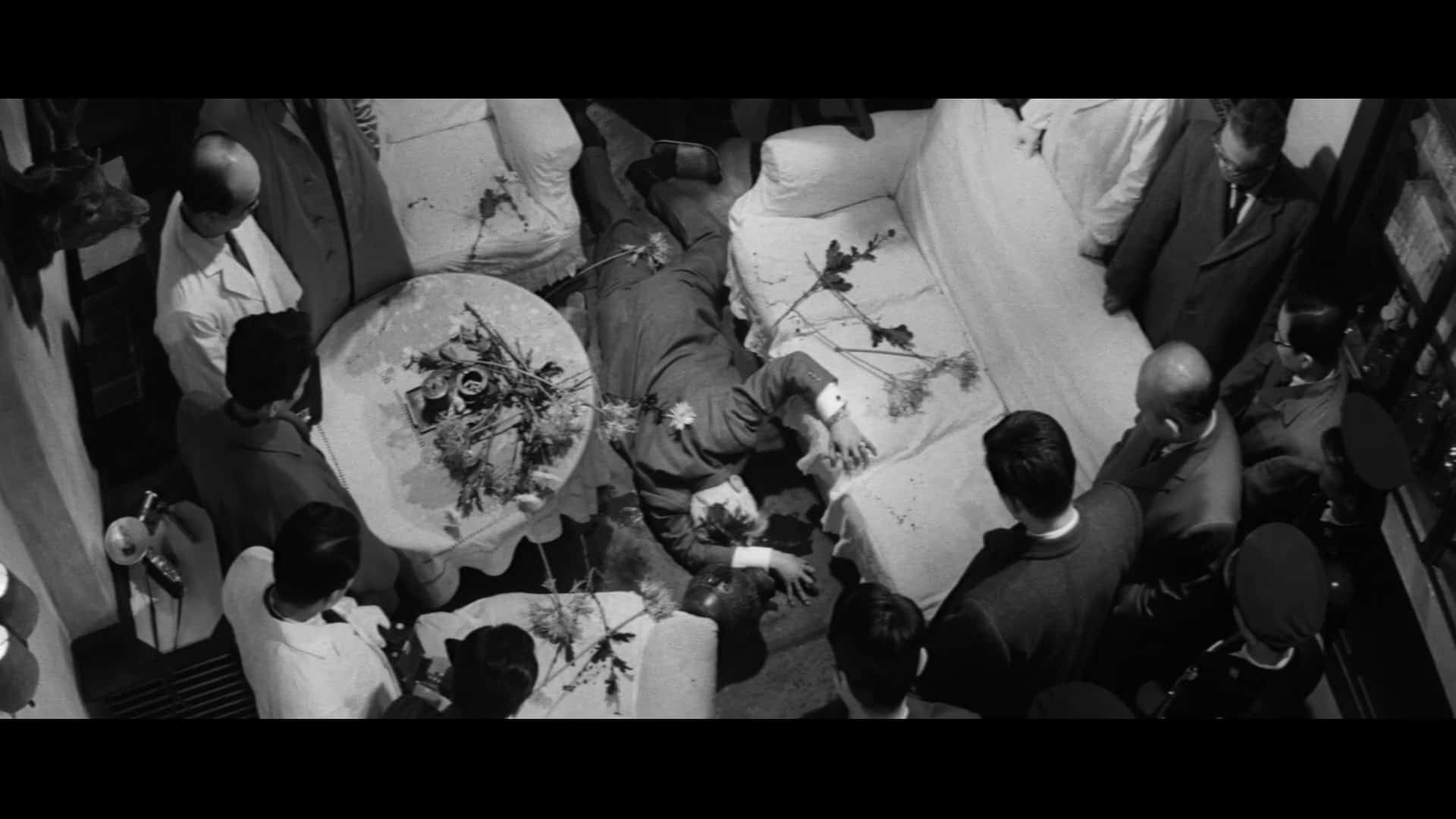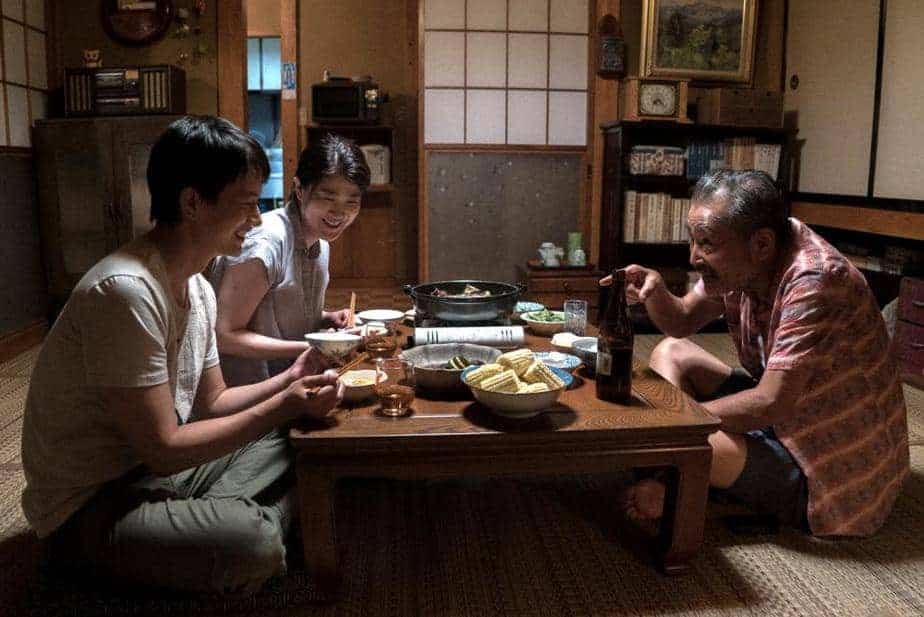The only south Indian film in BFI's top 10 Indian films, one of the first crowd funded films in Malayalam language and the last film by the legendary director John Abraham “Amma Ariyan” is a landmark in Malayalam and Indian cinema. Leading a radical life, the director also tries to include his radicalism into his films. The mixture of fiction, documentary and self aware cinema works brilliantly like never before.
“Amma Ariyan” follows Purushan who's preparing to leave for Delhi for his research. While travelling in Wayanad, he meets some policemen who are carrying an unidentified dead body found hanging on the wayside. Even though he can't recognize the dead man, he feels he's very familiar with that face. The thought makes him restless, subsequently leading into an obsession for finding out whoever that is. He abandons his trip to Delhi and meets with several of his friends and acquaintances to find out who the dead person is. From one of his friends he finds out that the deceased is a tabla player, Hari.

Purushan and his friends decide to inform the death of Hari to his mother who's living in Kochi. So they set out a long journey on foot while meeting with many of Hari's friends who subsequently join the group. Through the memories of Hari's friends, we get to know more about his character, but can't understand what exactly went wrong. They travel from Wayanad through Kozhikode to Beypore, Kodungalloor, Thrissur, Kottapuram, Vypin, and finally to Fort Kochi. Throughout the journey, the group witnesses a number of political struggles through the landscape which helps them understand more about Hari's death and leading into a politicization of apolitical intellectuals.
The backdrop of “Amma Ariyan” takes place in a politically unstable time in Kerala in which leftist political extremism lead to the Naxalite movement, which garnered much support from the common people. The political struggle that occurred at the time led various artists to respond to it through furthering the struggle through art. John Abraham is famous for his nomadic lifestyle and radical nature and has made the film to reflect upon this. The political struggles the group encounters in their journey actually document what was occurring at the time. Through the use of frequent flashbacks, juxtapositions of nature, monologues and monochromatic cinematography, Abraham stays away from the conventional norms of filmmaking as far as possible.
The motive behind making the film itself is based on Abraham and his friends wishing to make a people's film. They traveled from village to village performing skits and short plays asking for contributions. In a particular scene through a monologue, Abraham quotes the famous Guatemalan poet and revolutionary Otto René Castillo “One day the apolitical intellectuals of my country will be interrogated by the simplest of our people. They will be asked what they did when their nation died out slowly, like a sweet fire small and alone…”, these line forms the essence of this film.
One of the most recurring motifs of the film is the influence of mothers, like the titular “Amma,” on the next generation. From Purushan's mother to Hari's mother, we see how each of the members in the group is influenced by mothers, whose behavior can be seen as completely different, but actually comes from the same intentions. Here the mother is the binding force of the society, especially considering the importance of the family in Kerala culture. Mother represents love, affection, kindness, and, at the same time, power. Each individual joins the group after informing their mother, and ultimately leading up to Hari's mother.
Collective consciousness is something that is passed through generations, not so unlike the passing of genes. The forming of political movements, social perceptions etc are all formed by this. It is the collective consciousness that formed the group for Hari. Through this, it is shown that even the smallest bit of flame can form a fire that can spread like wildfire. It's the importance of such activities that are highlighted here.
Venu's cinematography earned him the national award for best cinematography that year. The handheld, deep focus camerawork rarely focuses on a single person, unless it's the dead body or the mother motif. Editing by Beena Paul is also exceptional. never loosing the flow, cutting to the documentary parts or torture scenes in flashbacks, or the journey.
Joy Mathew made his debut as Purushan giving justice to the role. Even though he is the only character that stays from beginning to end, the film is never about a single individual.
The importance of “Amma Ariyan” is undeniable in Malayalam cinema, although, even among Keralaites, only those who follow the parallel film movement know about this film. But the legacy continues, as many claim that the 2014 film “Njan Steve Lopez” is a spiritual sequel to this film, even retaining the name Hari for a character. The call for the rise of apolitical intellectuals is always needed in a society, for they are important in the collective consciousness to the progress of the country.
















